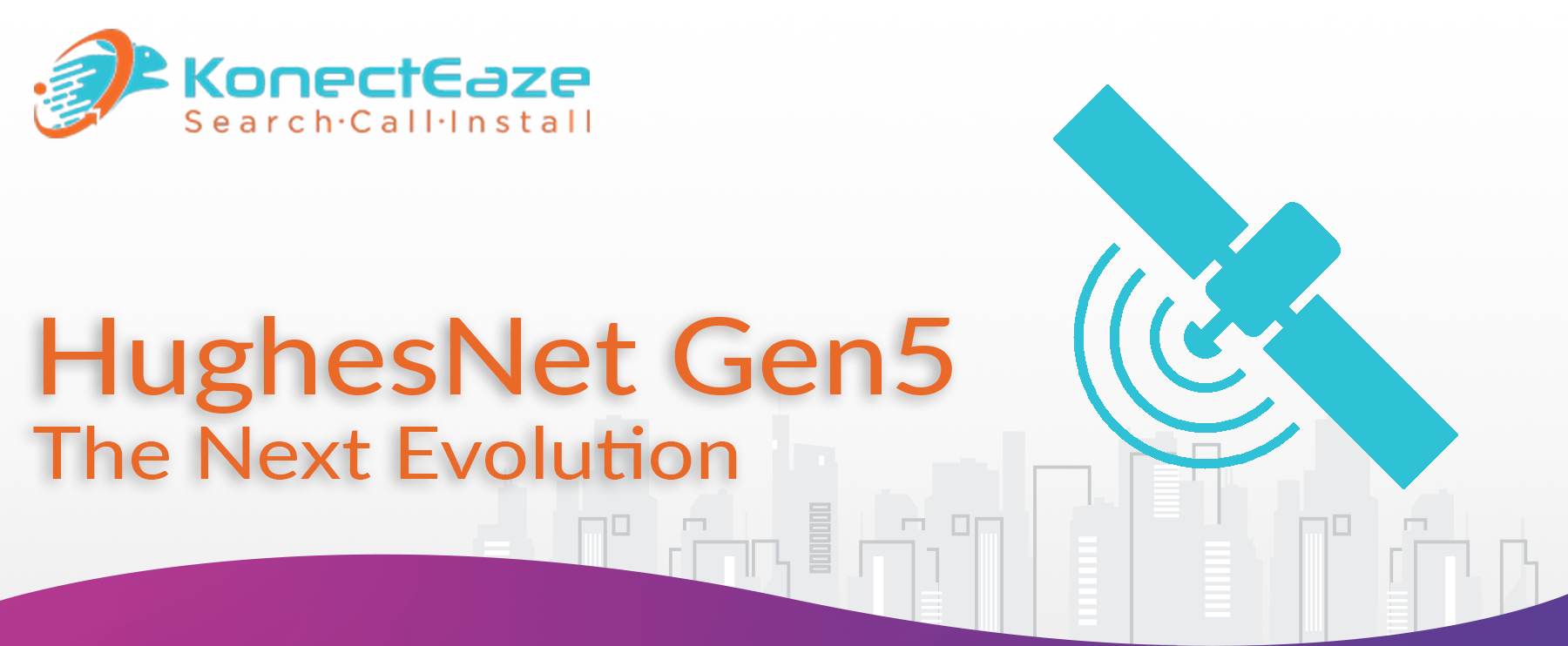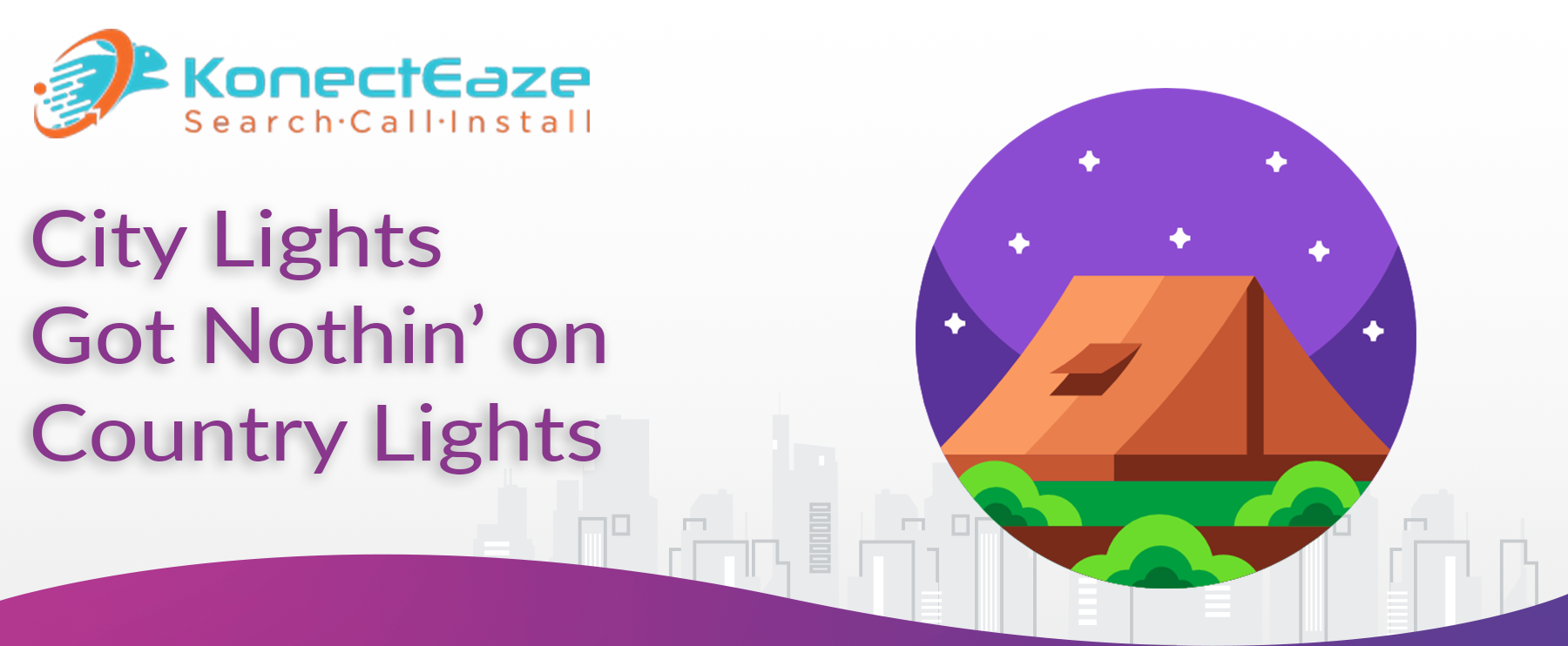HughesNet vs. Viasat Internet Comparison
Introduction
When it comes to satellite internet providers in the United States, HughesNet and Viasat (formerly Exede) are two of the biggest names. Both offer extensive coverage and a variety of plans, but they have different strengths and weaknesses. This comparison will help you decide which provider is the best fit for your needs.
HughesNet Overview
HughesNet offers four primary internet plans, all of which come with the same download speed of 25 Mbps but differ in the amount of data provided. After exceeding the data cap, speeds are reduced to 1-3 Mbps until the next billing cycle unless additional data tokens are purchased.
- HughesNet Gen5 10 GB: $59.99 per month, 10 GB of data.
- HughesNet Gen5 20 GB: $69.99 per month, 20 GB of data.
- HughesNet Gen5 30 GB: $99.99 per month, 30 GB of data.
- HughesNet Gen5 50 GB: $149.99 per month, 50 GB of data.
HughesNet’s service is well-suited for basic internet usage, such as browsing, email, and streaming in standard definition. They also offer a Bonus Zone, providing 50 GB of additional data between 2 AM and 8 AM.
Viasat Overview
Viasat offers a wider range of plans with varying speeds and data limits, catering to more intensive internet users. Their plans offer speeds up to 100 Mbps in some areas, making it a viable option for households with higher data demands.
- Unlimited Bronze 12: $70 per month, up to 12 Mbps, 40 GB of priority data.
- Unlimited Silver 25: $100 per month, up to 25 Mbps, 60 GB of priority data.
- Unlimited Gold 50: $150 per month, up to 50 Mbps, 100 GB of priority data.
- Unlimited Platinum 100: $200 per month, up to 100 Mbps, 150 GB of priority data.
Viasat’s higher-tier plans provide more speed and data, making them suitable for activities like HD streaming and online gaming. However, their services can be pricier compared to HughesNet.
Comparison Table
| Provider | Plan Name | Download Speed | Data Cap | Monthly Cost |
|---|---|---|---|---|
| HughesNet | Gen5 10 GB | Up to 25 Mbps | 10 GB | $59.99 |
| HughesNet | Gen5 20 GB | Up to 25 Mbps | 20 GB | $69. 99 |
| HughesNet | Gen5 30 GB | Up to 25 Mbps | 30 GB | $99.99 |
| HughesNet | Gen5 50 GB | Up to 25 Mbps | 50 GB | $149.99 |
| Viasat | Unlimited Bronze 12 | Up to 12 Mbps | 40 GB | $70 |
| Viasat | Unlimited Silver 25 | Up to 25 Mbps | 60 GB | $100 |
| Viasat | Unlimited Gold 50 | Up to 50 Mbps | 100 GB | $150 |
| Viasat | Unlimited Platinum 100 | Up to 100 Mbps | 150 GB | $200 |
Pros and Cons
HughesNet Pros:
- Consistent download speeds.
- Bonus Zone offers additional data.
- Competitive pricing for basic plans.
HughesNet Cons:
- Data caps are relatively low.
- Speeds reduced after data cap is reached.
Viasat Pros:
- Higher speeds available.
- Larger data caps suitable for heavy users.
- Wide range of plans to choose from.
Viasat Cons:
- Higher cost for premium plans.
- Speeds and availability can vary by location.
Conclusion
Choosing between HughesNet and Viasat depends on your specific internet needs. HughesNet is ideal for basic users who prioritize cost savings, while Viasat caters to those who require higher speeds and larger data caps. Consider your internet usage patterns and budget to make the best decision.



